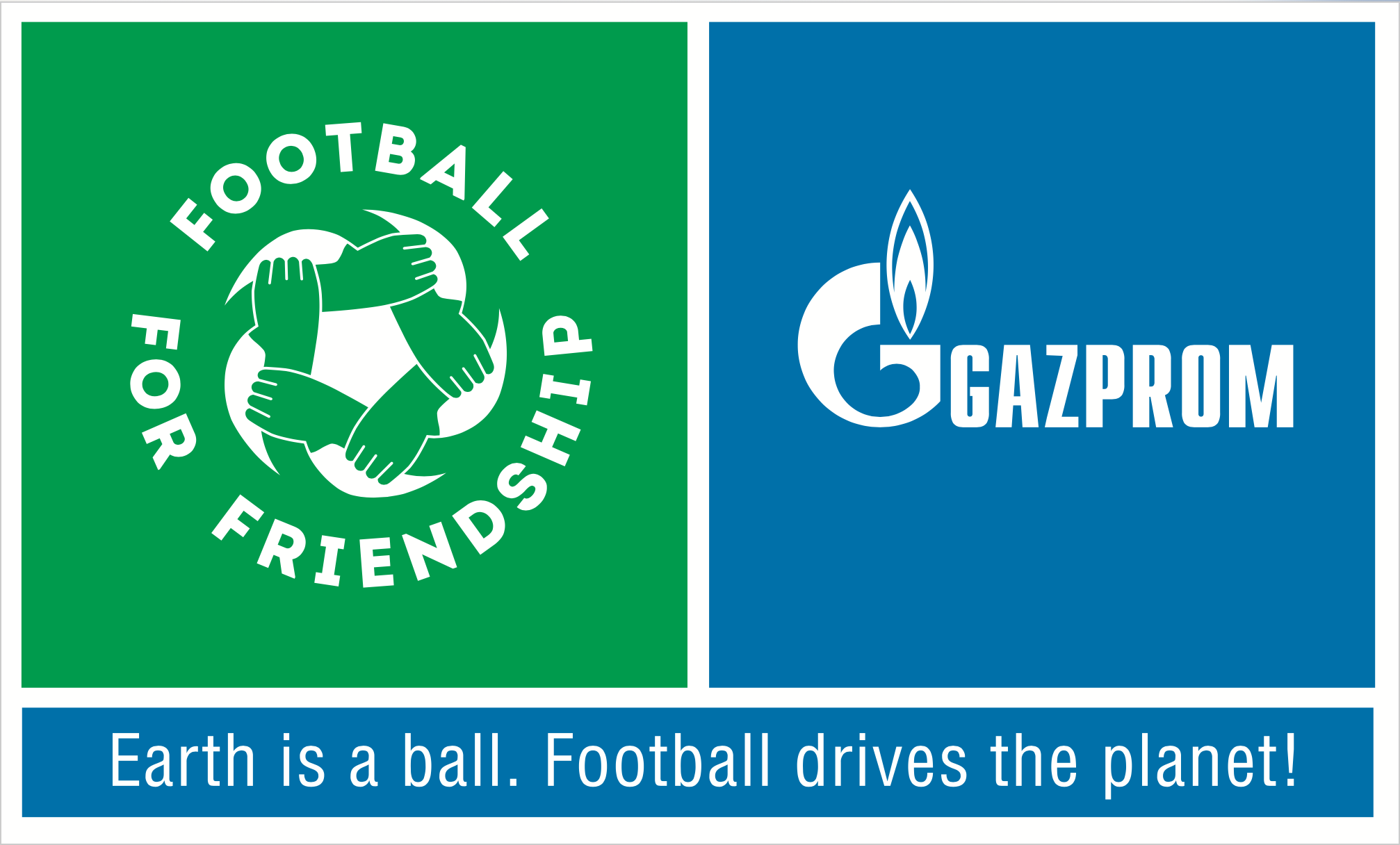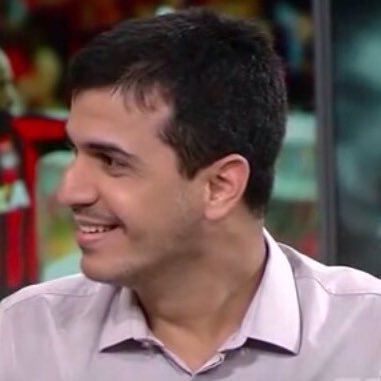"Ronaldo grabbed his pen, then started to write a soap opera I was like, 'This is too crazy for me..."', says Gazprom Football for Friendship Global Ambassador Roberto Carlos
Gazprom Football for Friendship Global Ambassador Roberto Carlos discusses the programme, his career and teammates.
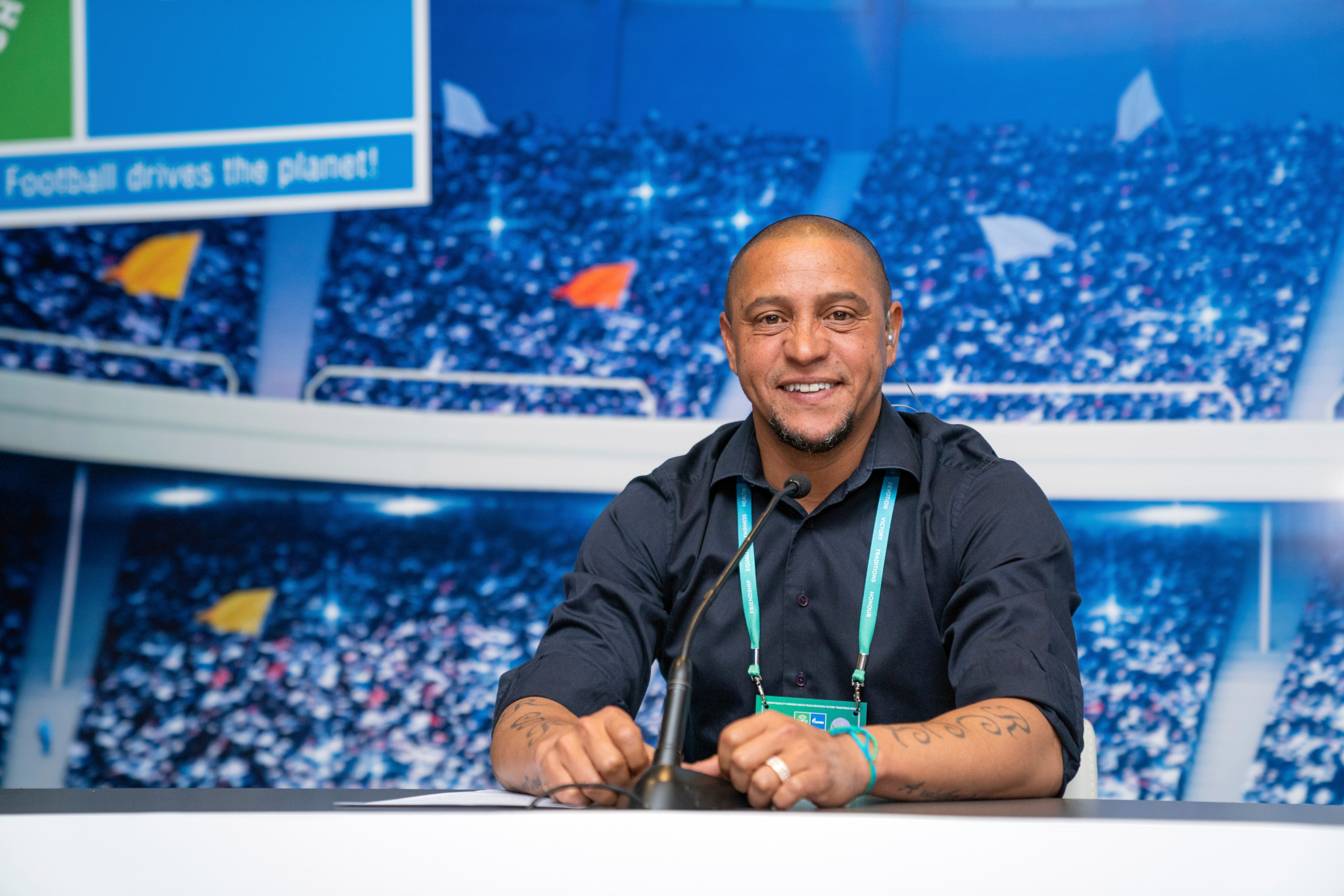
Roberto Carlos, Global Ambassador of Gazprom’s Football for Friendship programme, tells FFT about overcoming odds, making a difference and Ronaldo: star striker... soap writer?!
Why did you join Gazprom Football for Friendship? What can you tell us about the programme?
First of all, it’s a pleasure to be working with such a powerful brand. But it’s not just that – it’s so nice to talk to the kids, telling them a little bit about your history, your profession, what sport means to my life. You deal with children from all parts of the world, with their dreams and projects, and you try to explain what matters in the long run – that you have to be a leader, an example and a reference in what you do, to fight things like racism and inequality. Gazprom are doing that by uniting children from all over the world, and giving them opportunities to share their experiences and learn new skills.
What kind of impact have you seen the programme make in the world so far?
I’ve no doubt that it has a massive impact on participants’ lives. One thing I usually tell them is that it’s such a shame we’ve had to do everything through video conference calls so far and can’t be together – after all, we’re discussing their dreams for the future. It brings a smile to my face when they ask me stuff about how you conquer the world.

And how do you respond to that?
I always tell them the same thing: you have to study, because if things don’t work out for you – football is just one example – you then have another career to follow. Growing up, I’d always wanted to be a lawyer – I don’t even know how that started! It’s something that my mother used to speak to me about – she insisted that if football wasn’t for me, I had to go back to school and study law.
Has anything surprised you about being involved with Football for Friendship?Mostly, the kids’ questions for me! [Laughs] How I managed to score that crazy free-kick against France, and what it’s like to become a world champion. They wanted to know what I was doing when I was 13 years old, but it’s been a long time now! At that age, I was in the sixth grade and decided to quit studying to start playing for Uniao Sao Joao, my first team. Talking to the kids was a great thing, because at the same time that I teach them a little about life, I also learn with them.
How did you get your opportunities as a kid?
When I first left my hometown of Garça, all I ever wanted was to become a professional footballer. I had no idea if I would play for my country one day. But at the beginning, everything is very difficult, isn’t it? My father couldn’t afford to take me to training and I spent two years playing in the same pair of boots, but that’s quite normal – if you don’t go through these kind of things when you’re starting out, you won’t be successful later on.
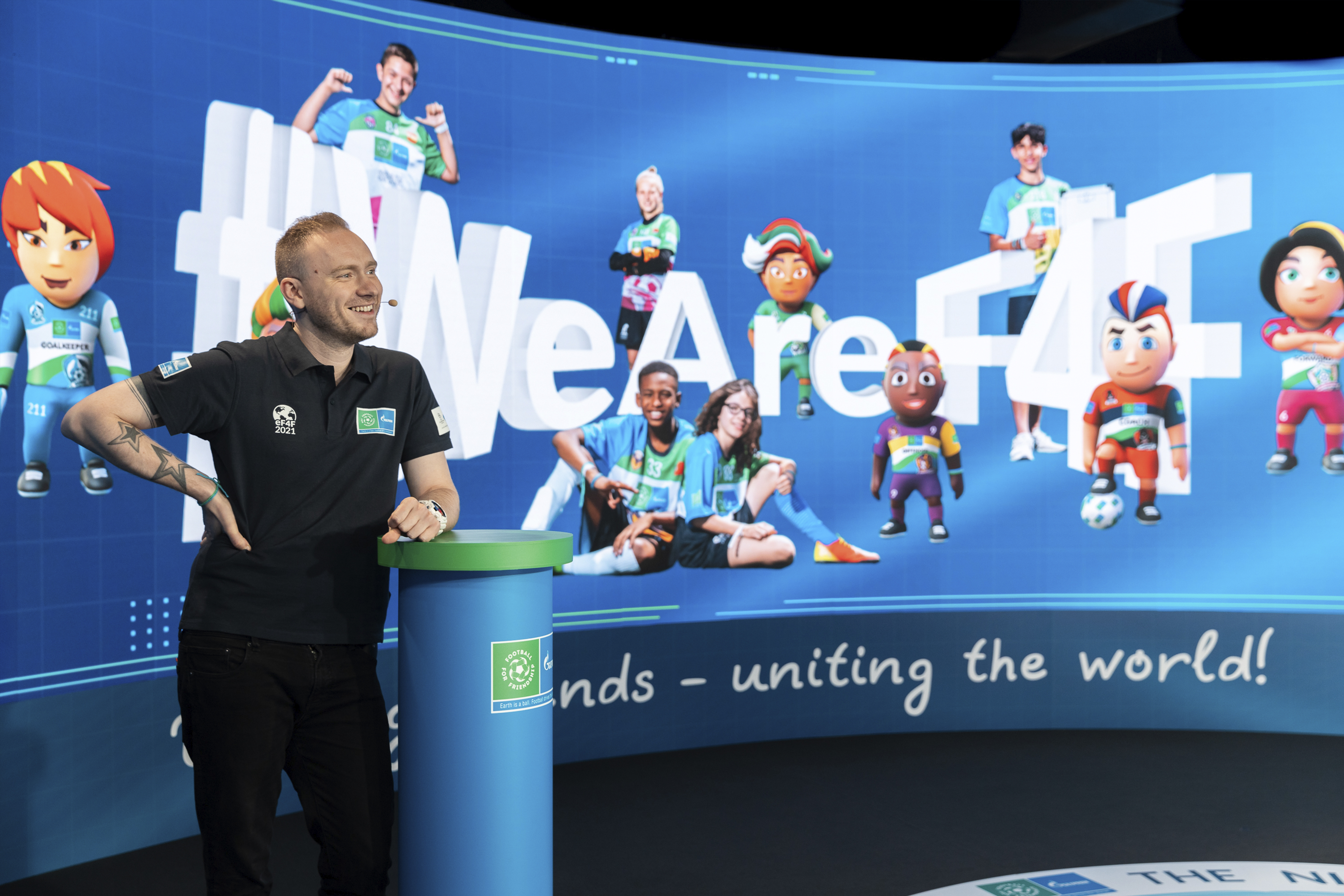
Was anything blocking you from success?
I had a coach at Uniao Sao Joao who called me aside one day and said, “Look, I won’t be able to keep you in the squad because you’re just too small.” That was when I thought to myself, ‘I have to prove to this guy that I’m capable of playing at the highest level’. That happened in 1989, when I was in the youth ranks. Now, if I run into him, I give him a hug and say, “See, I was right all along?” [Laughs]
In 2021, you participated in the setting of a new Guinness World Record. Tell us more...
Yes, it was for being part of the most users to visit a virtual stadium. It was a great joy not only for me, but for everyone involved in the event too. To accomplish things like this feels better than scoring a goal – it was a good idea from Gazprom as a way to unite thousands of people. With such a big team, we achieved results that will stay in history.
This year, you were in contact with one of F4F’s participants, Dominic from Sweden. Can you tell us a little about his story and how you’re helping him?He’s a young boy who’s been suffering from cancer, but what I try to do is motivate and encourage him, because it’s never easy for someone of his age to go through a tough situation like that. I’ve visited the hospitals in Madrid and seen children with the same problem. So, what you can do is be there for them, give them a reason to smile and believe in better days. I’ve invited him to watch a game with us in Madrid – though sadly I can’t invite everyone, otherwise we would have a full stadium! But as soon as the Bernabeu reopens, he will be with us.
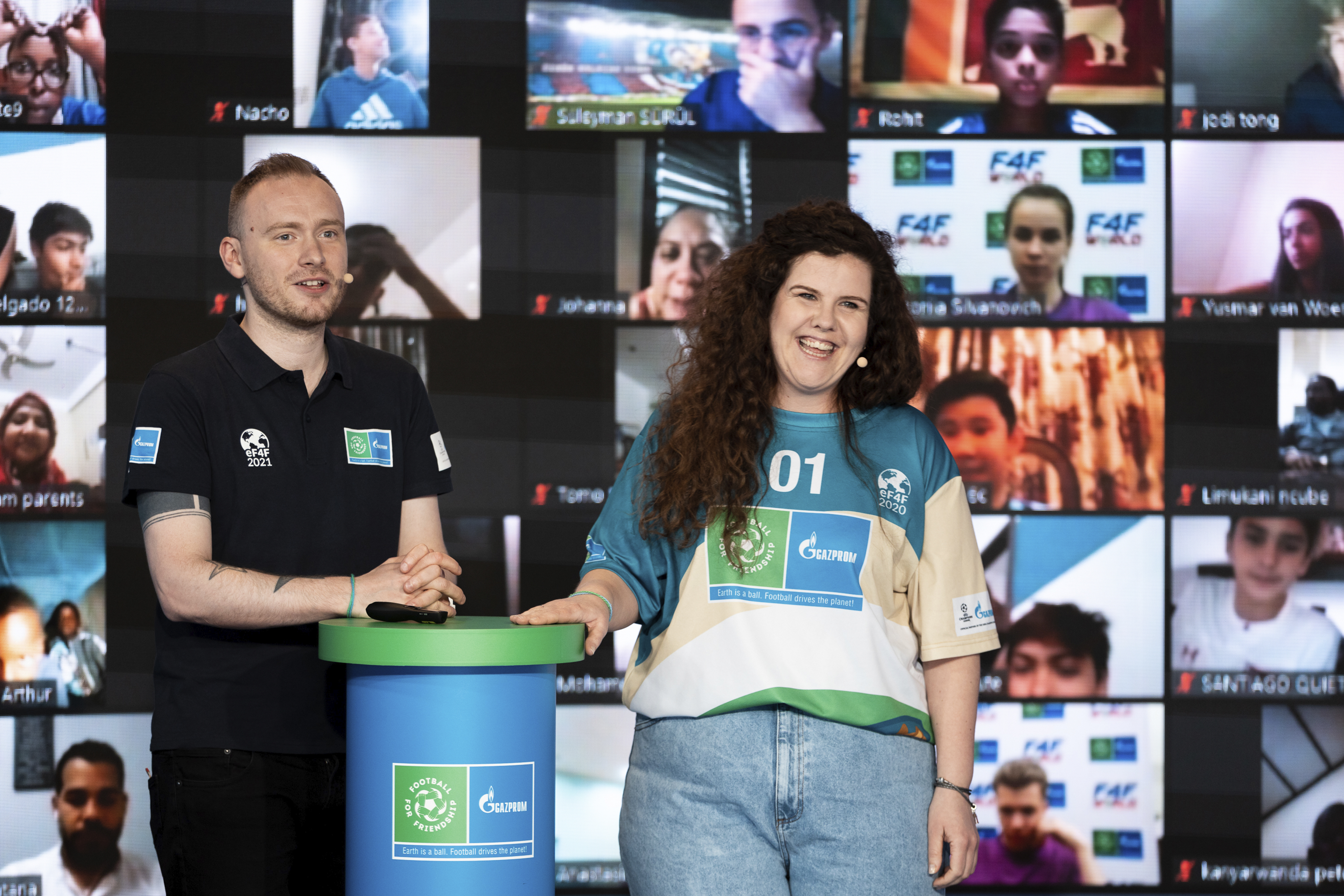
Can you think of any specific examples of when football has particularly helped you in a personal way?
It still helps me, man, and I try to find a way to give it back to the people who need it the most. That’s not just because I’m recognised around the world – even if the circumstances were different, I’d still do my best to help family, friends, everybody. Sometimes I get messages from people I’ve never seen in my life asking for help, and I do things without letting anyone hear about it. I prefer not to make a big deal of them. I’ve got a hospital for newborn babies that I built in Araras [in the countryside of the Sao Paulo state] and no one really knows about it. I adopted my son with a heart condition and chose to buy some equipment to help others in the same situation. These are things I do and don’t speak about much, because I want people to know me for who I am, not for what I do.
What were you like as a kid, and what did football mean to you back then?
I didn’t have time to joke around. I couldn’t properly enjoy my youth because I started playing so young. My routine was basically training all day, travelling to games and then resting in the dormitory. We had almost 50 players split between only two houses and sleeping in bunk beds. I was nearly 15 when I first trained with the senior team [at Uniao Sao Joao], so things happened very quickly for me. A while after that, in 1992, I made my Brazil debut. Luckily, I had people who trusted in me. [FFT: which achievement gave you most pleasure?] I can’t name one! I’d have to say winning my first Copa America with Brazil [1997], Champions League with Real Madrid [1998] and World Cup in 2002.
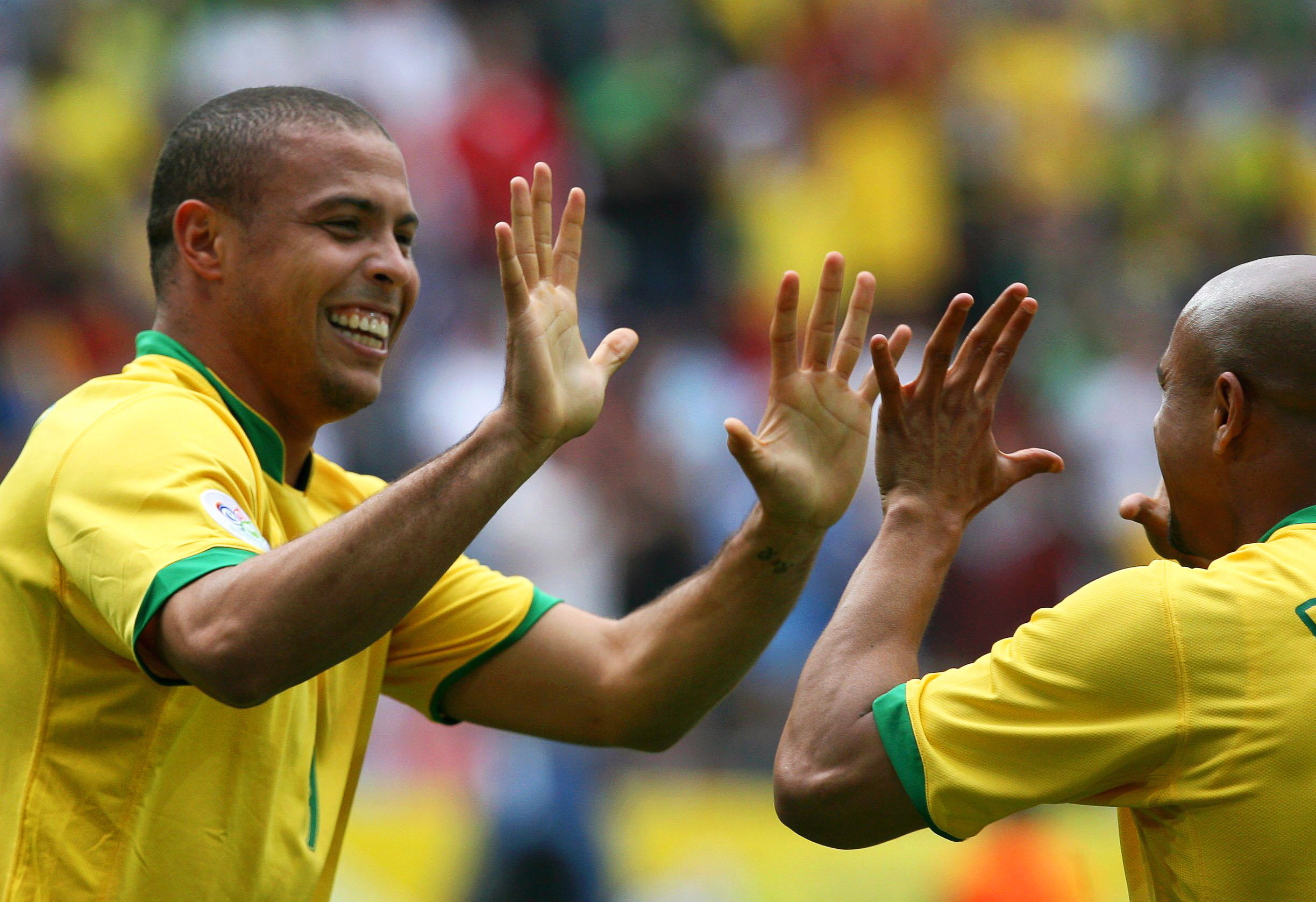
You famously said that you’ve probably slept in a room with Ronaldo more times than your own wife. What was he like?
He was good to me in every aspect, teaching me a lot and proving to be a true friend who I have by my side in any situation I need him. We’re always in touch. I remember the day we travelled with Real Madrid for a game in Bilbao – we were sat in our hotel room when he suddenly grabbed a pen and paper and started writing a soap opera. [Laughs] Obviously he didn’t go ahead with it, but what impressed me the most was how fast he developed the whole drama. He was like, “Come on, help me out here.” And I could only think to myself, ‘This is too crazy for me’. I’d never witnessed that side of him – Ronaldo the writer, the soap opera director. I’ve known him since 1993, so we’ve been friends for a long time, and we have that in common – we always loved to watch Brazilian soap operas. We used to eat our dinner faster so that we could see them!
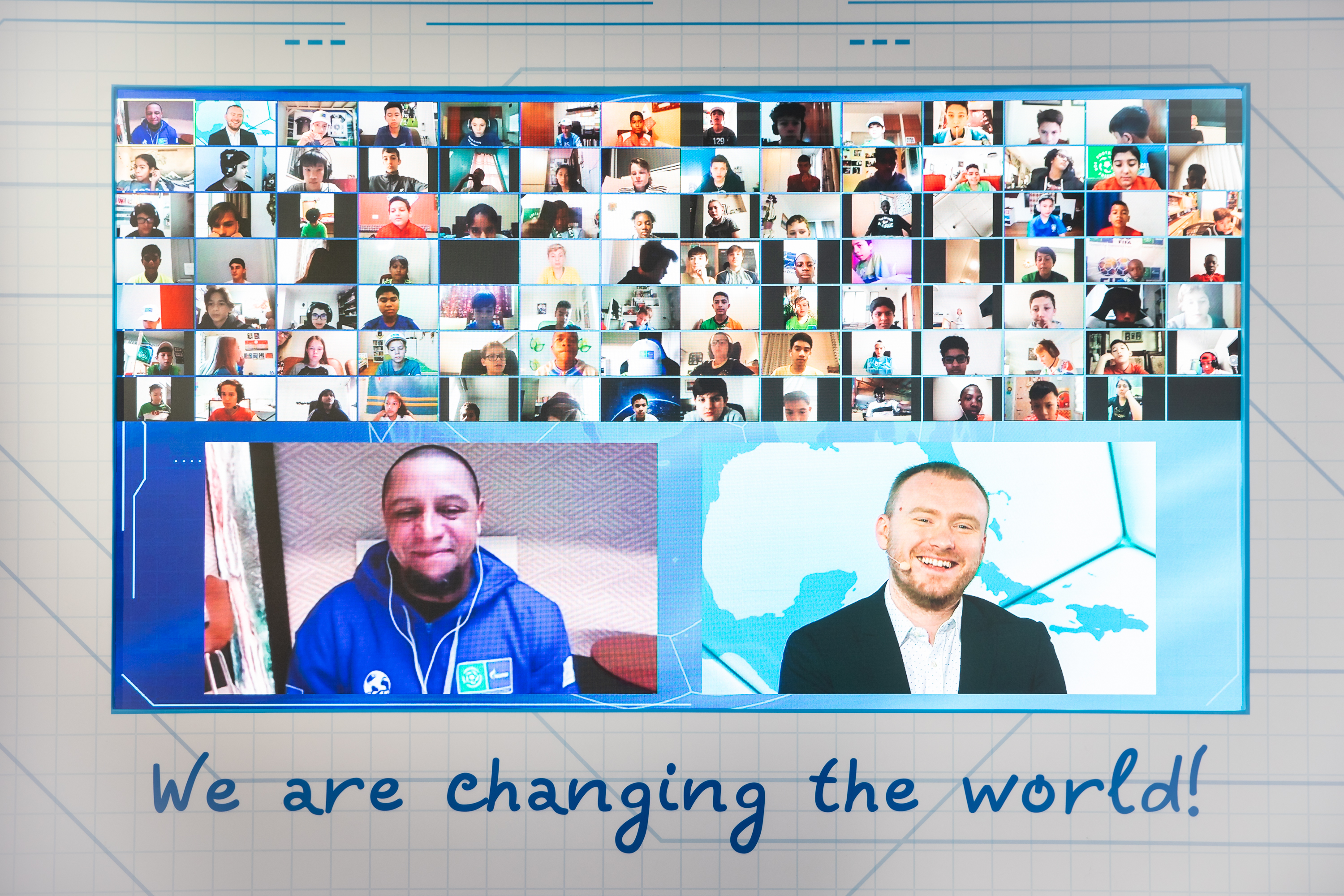
Football can famously unite people who don’t speak the same language. What have you learned from playing alongside foreign team-mates over the years?
The football world is an impressive thing – it’s a school. And when I say school, I mean it in the true sense of the word, because you literally learn everything when you’re sharing a dressing room with people from different parts of the world like Europe, Asia, Africa... Only football gives you the chance to work in such an environment – you end up learning other languages and customs. [FFT: What was it like with David Beckham, for example?] We couldn’t understand a word he spoke in English. [Laughs] We tried to communicate with him by combining the two languages of Portuguese and Spanish, while he spoke to us in his own accent. It was impossible to understand! But he was very close to all the Brazilians and became a friend – we found a common language thanks to shared goals and values. It’s the same universal language of communication that Football for Friendship shares.
To find out more, go to the Gazprom Football for Friendship website.
Get FourFourTwo Newsletter
The best features, fun and footballing quizzes, straight to your inbox every week.
Marcus Alves is a freelance journalist based in Lisbon and has written for FourFourTwo since 2012. He can also be found at BBC Sport, the Telegraph, Kicker and Yahoo. A former ESPN reporter, he covered 12 games in 15 days during the 2014 World Cup in Brazil, but can barely remember any of them. He blames cachaça for that.
